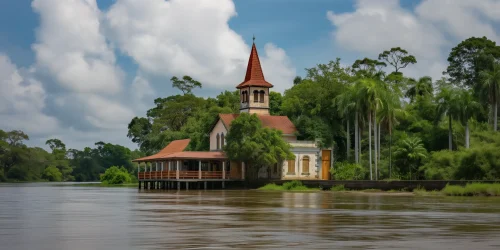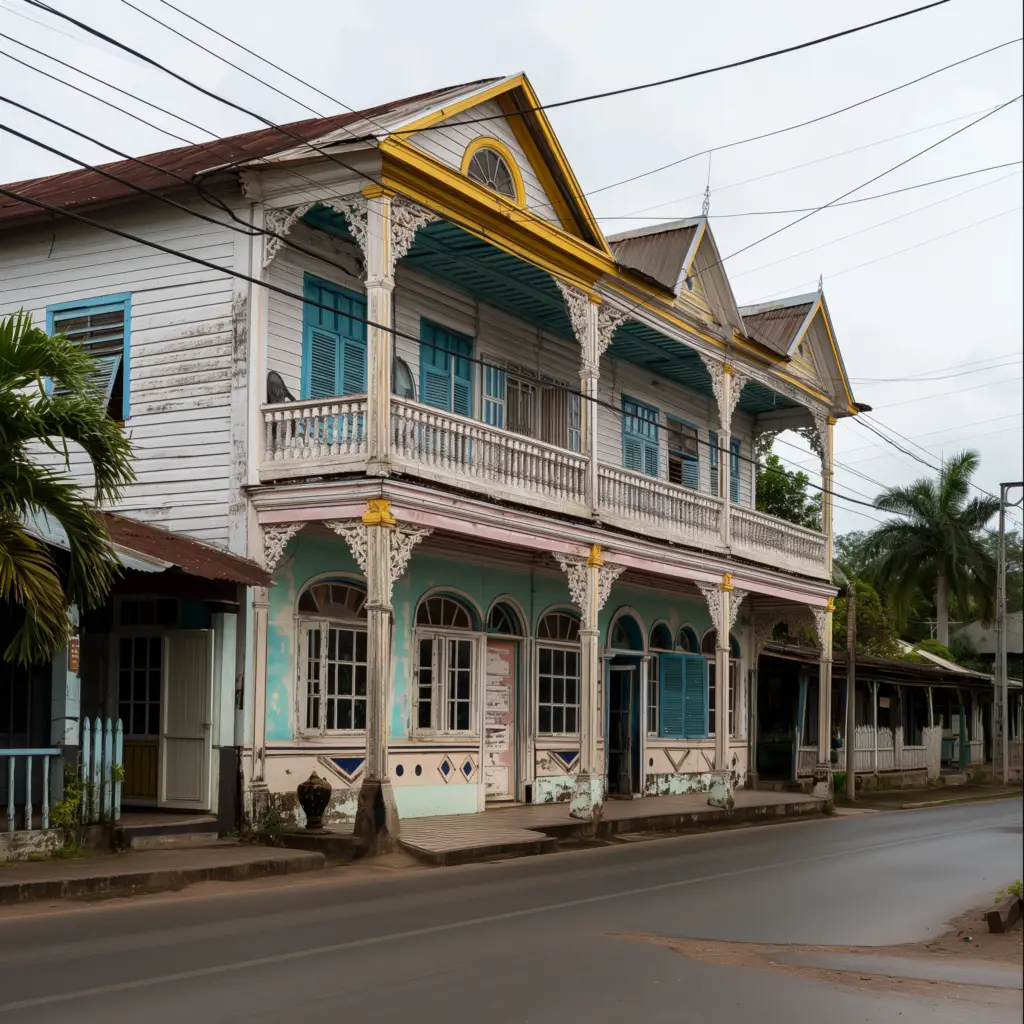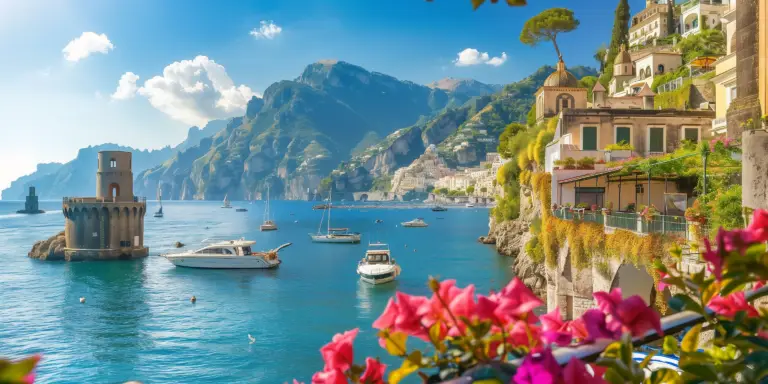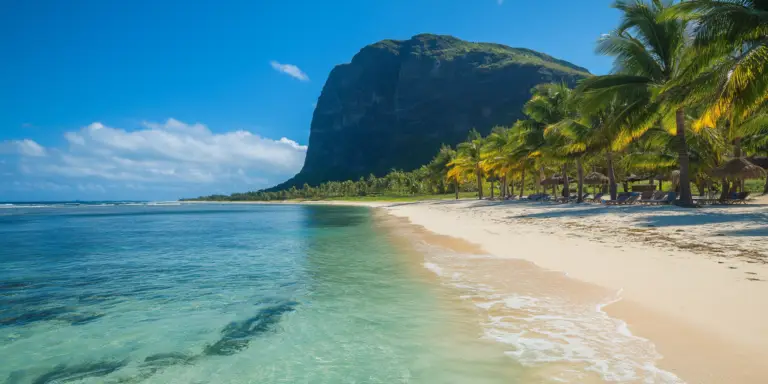Paramaribo, the capital city of Suriname, presents a fascinating blend of cultures, history, and architecture, making it a captivating destination for travelers seeking something a little off the beaten path. Nestled on the banks of the Suriname River, the city is known for its well-preserved colonial architecture, which is predominantly wooden and strikingly diverse in design. The historic center of Paramaribo is a UNESCO World Heritage site, celebrated for its unique fusion of Dutch architectural styles with traditional local materials and techniques. Strolling through the streets, visitors are treated to sights of charming colonial houses painted in bright colors, their ornate wooden facades offering a picturesque backdrop to the bustling city life.
One of the architectural gems of Paramaribo is the Saint Peter and Paul Cathedral, which stands as one of the largest wooden buildings in the Western Hemisphere. The cathedral’s interior is both majestic and inspiring, with high ceilings, intricate wooden carvings, and a serene ambiance that invites reflection. Another significant landmark is the Presidential Palace, facing the palm-lined Independence Square. The palace, with its elegant Dutch colonial architecture, is surrounded by lush gardens that are open to the public, providing a peaceful retreat in the heart of the city.
Paramaribo is also a melting pot of ethnicities and religions, reflected in the city’s vibrant cultural scene and culinary landscape. The population is a diverse tapestry of East Indian, African, Javanese, and Indigenous backgrounds, each contributing to the city’s dynamic cultural fabric. This diversity is celebrated in the city’s festivals and its food, where markets like the Central Market offer a sensory overload of sights, smells, and tastes. Here, one can savor a variety of dishes that blend these influences, such as roti, bami, and the Creole dish pom, a tantalizing oven-baked dish made from tayer root and chicken.
Beyond its historical and cultural allure, Paramaribo serves as a gateway to the natural wonders of Suriname. The city is an excellent starting point for excursions into the Amazon rainforest that covers much of the country. Eco-tourism is thriving, with opportunities to visit indigenous villages, embark on river cruises, and explore nature reserves where the biodiversity is astonishing. For the adventurous, trips to the Upper Suriname River area reveal remote lodges where one can experience the rainforest and its inhabitants in an intimate and sustainable manner. This blend of urban charm and accessible nature makes Paramaribo a unique destination, offering an experience that is both culturally rich and naturally splendid.








